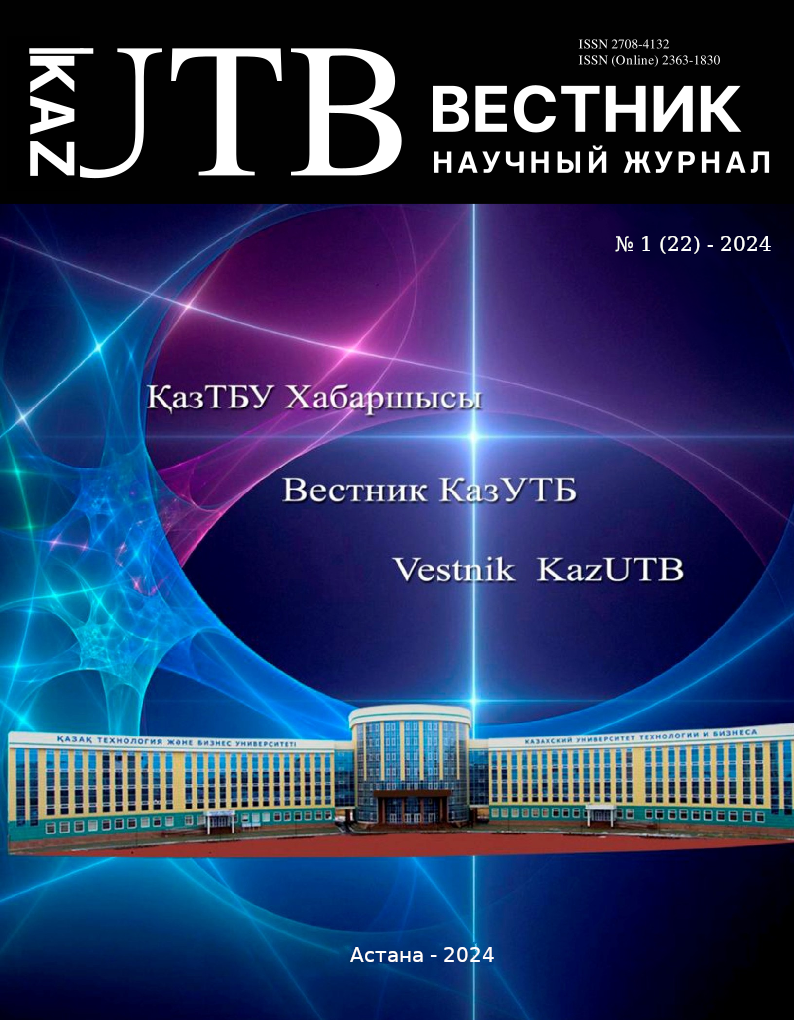Меню


Economy, business and services
No. 1 (22) - 2024 / 2024-03-31 / Number of views: 140
ACCOUNTING AND CORRUPTION: CROSS-COUNTRY ANALYSIS
Authors
Keywords
accounting systems, audit, corruption, falsification of financial statements, audit quality, financial statements
Link to DOI:
How to quote
Abstract
The purpose of the article is to study the relationship between the quality of accounting and audit and the estimated level of corruption. This relationship was investigated by conducting cross-country analysis using publicly available data to measure the quality of accounting, auditing, and corruption. According to our forecasts, the quality of accounting and auditing proves the existence of a significant relationship with the alleged level of corruption in the country. The results of the study show that countries with more transparent reporting have a lower level of projected corruption, and the level of projected corruption in the country can be reduced by improving the quality of accounting and auditing. The study used DiRienzo and Treisman regression models. The impact of the quality of accounting and auditing in the country on the level of corruption in the country was calculated by introducing BIG 4 and PAGE in DiRienzo's regression model and in Treisman's model, and it was verified that accounting variables are important to explain corruption in different countries. Practical results show that countries can reduce the level of projected corruption by increasing the transparency of financial statements by improving accounting and audit standards.



